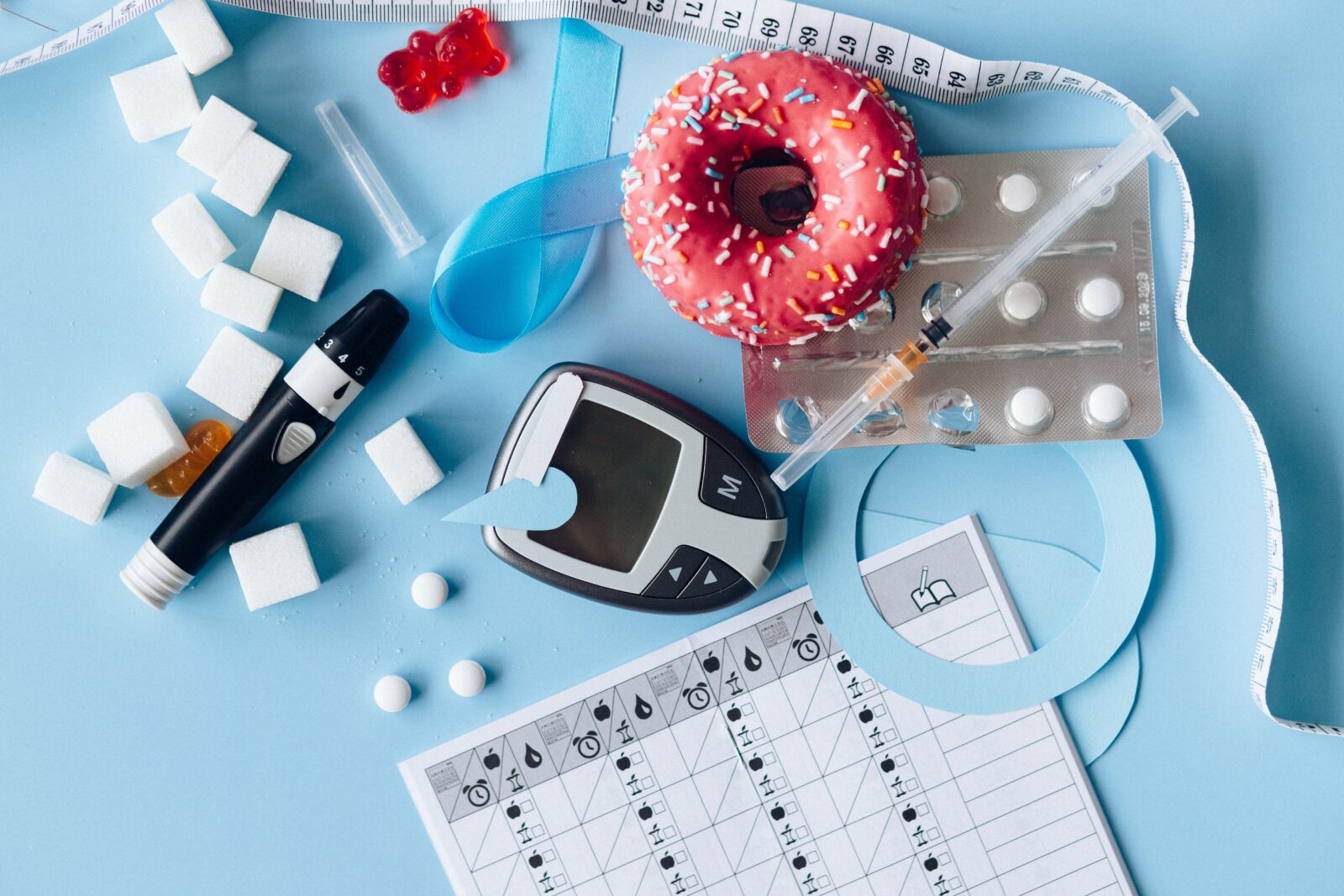
Our body needs energy to work. Every part needs energy from the muscles and heart to the brain, liver, kidneys, and GI tract. The energy comes from the food we eat.
Digestion occurs when our bodies mix the food we eat with fluids (enzymes and acids) in the stomach. During this process, the carbohydrates (starches and sugars) in the food break down into a different type of sugar called glucose.
The stomach and small intestines absorb the glucose and then release it into the bloodstream. Once in the bloodstream, glucose can be used immediately for energy or stored in our bodies to be used later.
This is where insulin comes in. Our bodies need insulin to use or store glucose for energy. Without insulin, glucose remains in the bloodstream keeping blood sugar levels high.
How the body makes insulin
Insulin is a hormone made by beta cells in the pancreas. Beta cells are highly sensitive to the amount of glucose in the bloodstream. When functioning normally, beta cells measure the blood glucose levels every few seconds and make adjustments to the amount of insulin production in response.
Members Only Content
To continue reading please subscribe to WellnessPlus by Dr. Jess MD
Be your own best doctor with our comprehensive suite of online health coaching tools.
